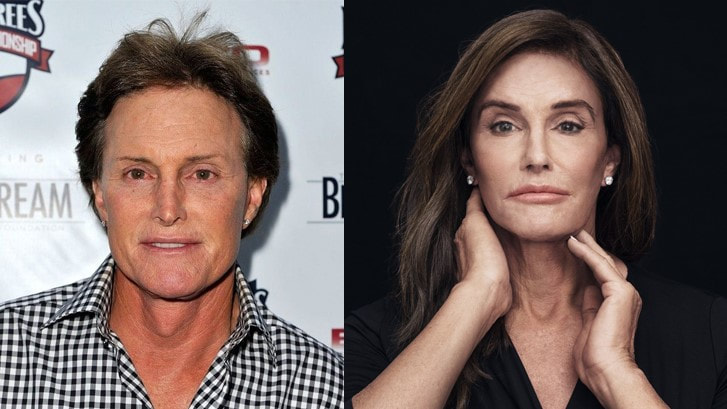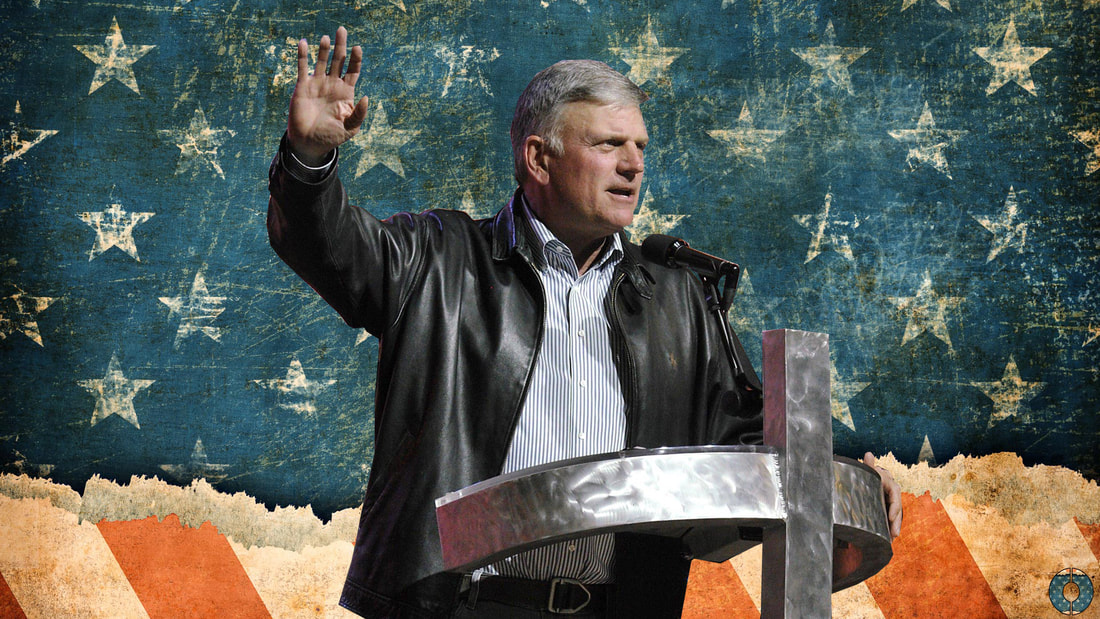|
Until recently, the psychiatric community diagnosed transgenders as having a mental illness. I think the public generally agrees with that diagnosis but the World Health Organization decided that transgenderism is not a mental disorder. The 1960s counter culture felt that it could alter traditions that had been passed on from generation to generation. Many in this generation support “transgenderism”, the process of altering the gender designated at birth. As a traditionalist from a previous generation, concepts like transgenderism are unfathomable to me. Common sense characterized the mindset of my generation whereas wishful thinking seems to describe this generation, Generation Z. For Zers, transgenderism is simply an alternate lifestyle, and my generation is dismissed as a time of thoughtless conformity. A classic example of transgenderism is William Bruce Jenner. The child Bruce had gender identity conflicts, often secretly cross-dressing as a female. But as an adult, Bruce married and fathered children. Actually, he married three times, once to Elvis Presley’s ex-girlfriend. Bruce competently parented the children produced by these marriages. But the unrelenting discontent with his reluctant maleness continued to plague him. Eventually Bruce sought gender reassignment surgeries and became the female Caitlyn Marie Jenner. Transgender Caitlyn Jenner is a pop culture icon and a leading advocate for transgender rights. Her public appearances promote a more inclusive society and acceptance of transgender people. She is the most famous transgender woman in the world and surprisingly, a Conservative Republican. Today’s vocabulary includes the term “genderfluid” i.e., a person’s gender designation is flexible rather than fixed. You are allowed to replace your birth gender with the gender you currently prefer. Transgenders, sometimes called “gender diverse” , often modify their birth gender to accommodate their current mindset. Transgenderism doesn’t require any specific sexual orientation, i.e., straight, gay, lesbian or bisexual. But I see no evidence that the general public thinks transgenderism is normal. It may not be actively opposed but toleration shouldn’t be construed as approval. At this point in time, the practice hasn’t impacted our way of life. However it seems to be gaining momentum. Interestingly, while I was composing my critique of transgenders, popular television host and political commentator, Tucker Carlson devoted an entire program to the topic: “Transgenderism Is The Most Dangerous Extremist Movement In The United States.” Carlson is correct in his assessment of transgenderism. According to President Biden, "Transgender Americans shape our Nation's soul.” Transgender Americans have certainly become a significant segment of society but they are still “marginalized.” This generation categorizes me as “cisgender”, an unimaginative person who is content with their birth gender. Cisgenders are the opposite of and greatly outnumber transgenders but get little establishment or media attention. Like previous disruptive social movements, the future of the transgender experiment is unpredictable.
6 Comments
Increased attendance at services of other religions has caused a serious decline in attendance at Christian Churches in America. During his presidency, Barack Obama stated, “We are no longer a Christian nation…” Mr. Obama insisted that he meant to say “We are no longer ‘just’ a Christian nation.” But the omission of the word “just” doesn’t change his meaning that much. Obama seemed to take pride in the growing number of other religious denominations in America. But a nation’s religious fervor shouldn’t be evaluated in the same way as industry and commerce. America’s Christian church attendance is declining and Great Britain’s Church of England, the established state religion, is also experiencing a loss of congregants. Why are Christian churches in America and Britain no longer attracting parishioners to their services? There are various reasons but an important one is that few, if any, of these churches have priests or ministers capable of rousing a congregation. But who today could develop a national following and potentially become America’s primary Christian minister. Bear with me as I’m going to suggest that Franklin Graham, son of famous evangelist Billy Graham, might fit the bill. Unlike his father, Franklin has no reservations about his involvement in politics and public affairs. He espouses Republican conservatism and even publicly endorses conservative candidates. His adolescent years were fairly typical and certainly didn’t presage a future religious profession. But in his twenties while alone in a hotel room, reading the gospel of John, Franklin Graham had an epiphany and was reborn as a Christian. Rather than sermonizing the gospel like his father, Franklin’s religious endeavors primarily include feeding and clothing the poor with his organization Samaritan's Purse. Although Franklin Graham is a product of the secular world, his Christian beliefs are bona fide. Volunteers to his organization must hold conservative values and agree to oppose homosexuality and same-sex marriage For England ‘s Christian leader, I would recommend Calvin Robinson. Robinson decided to leave broadcasting and become a theologian. He had hopes of becoming an ordained deacon in the Church of England. But he was turned down and consequently settled for a deacon-ship in the conservative Anglican splinter group. The son of a mixed race couple, Robinson’s opinions stem from Christian values, which he argues are the foundation of a moral and stable society. Calvin Robinson opposes critical race theory, the ordination of women, same sex marriage and pre-marital sex. But he has defended colonialism and the British Empire and maintains that reparations for slavery have essentially already been made. Robinson’s conservative opinions come at a time when Church of England attendance is declining. Graham and Robinson already have influence within the Christian community. Hopefully they could reduce the excessive social activity and secularization of services. |
AuthorGail Jarvis is a Georgia-based free-lance writer. He attended the University of Alabama and has a degree from Birmingham Southern College. His writing is influenced by years of witnessing how versions of news and history were distorted for political reasons. Mr. Jarvis is a member of the Society of Independent Southern Historians and his articles have appeared on various websites, magazines, and publications for several organizations. He lives in Coastal Georgia. Archives
June 2023
|


